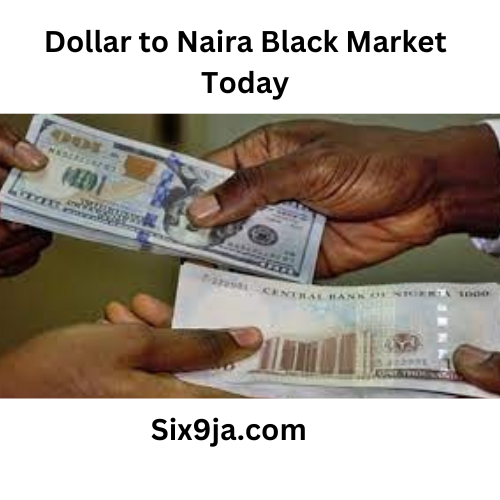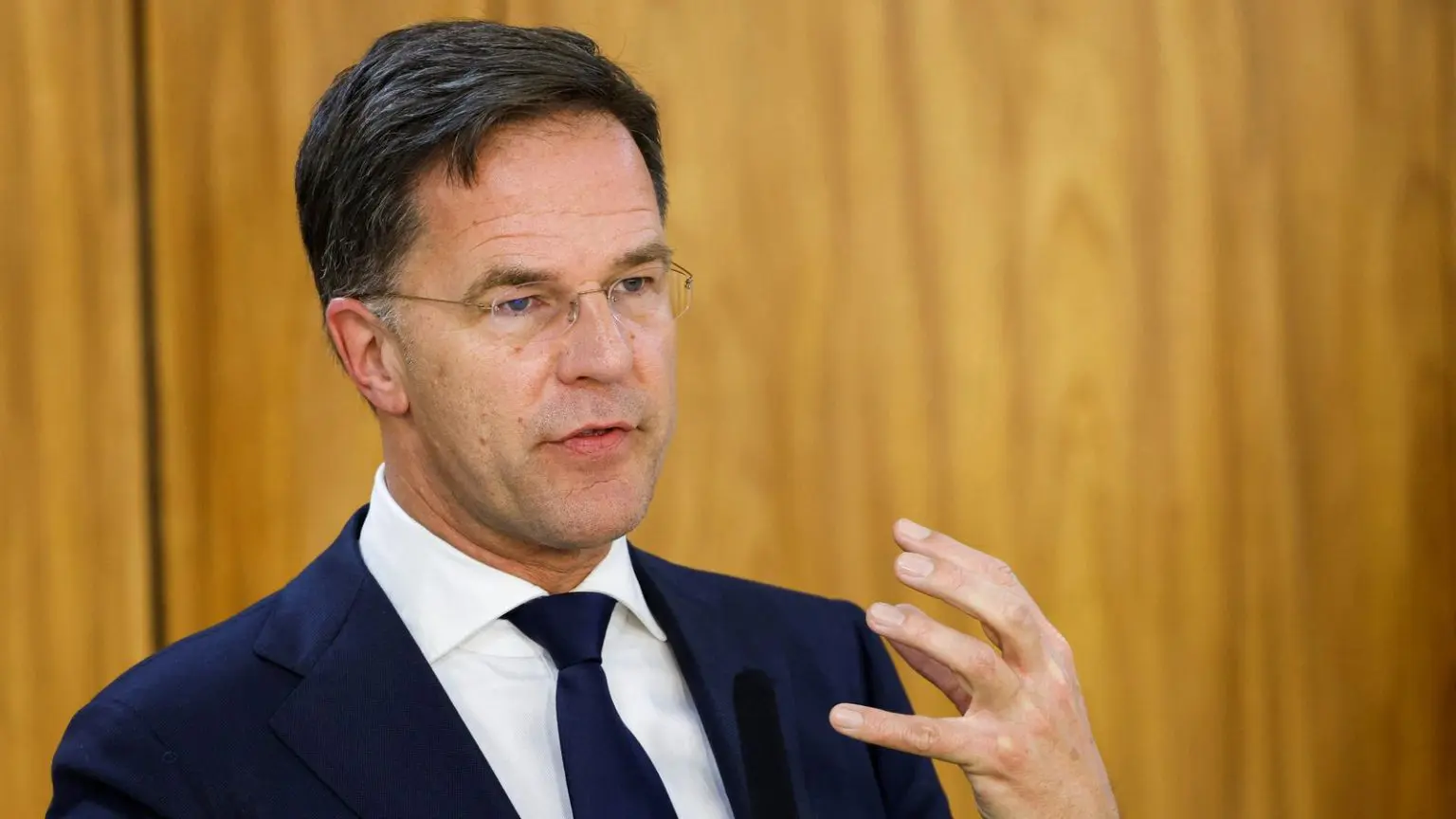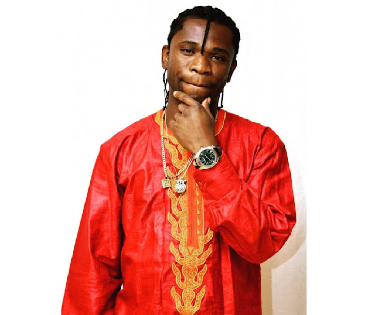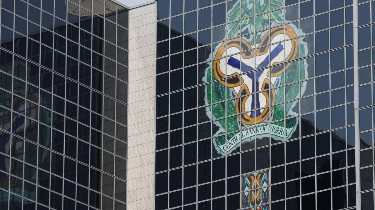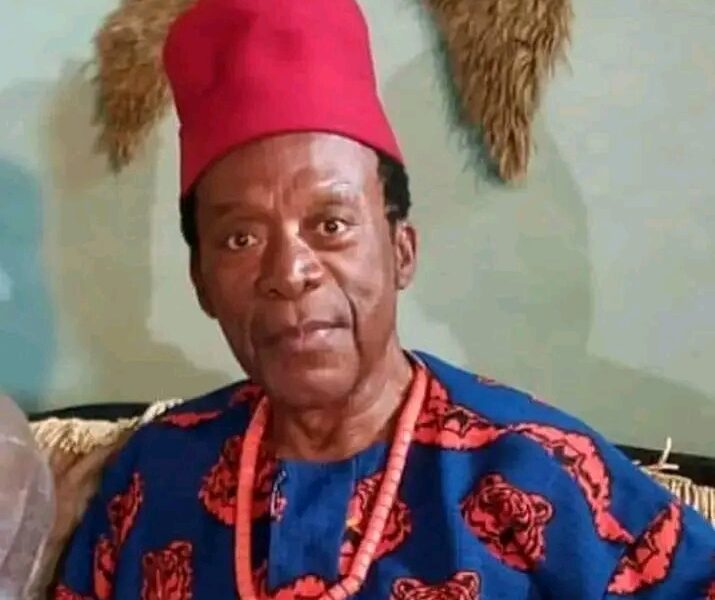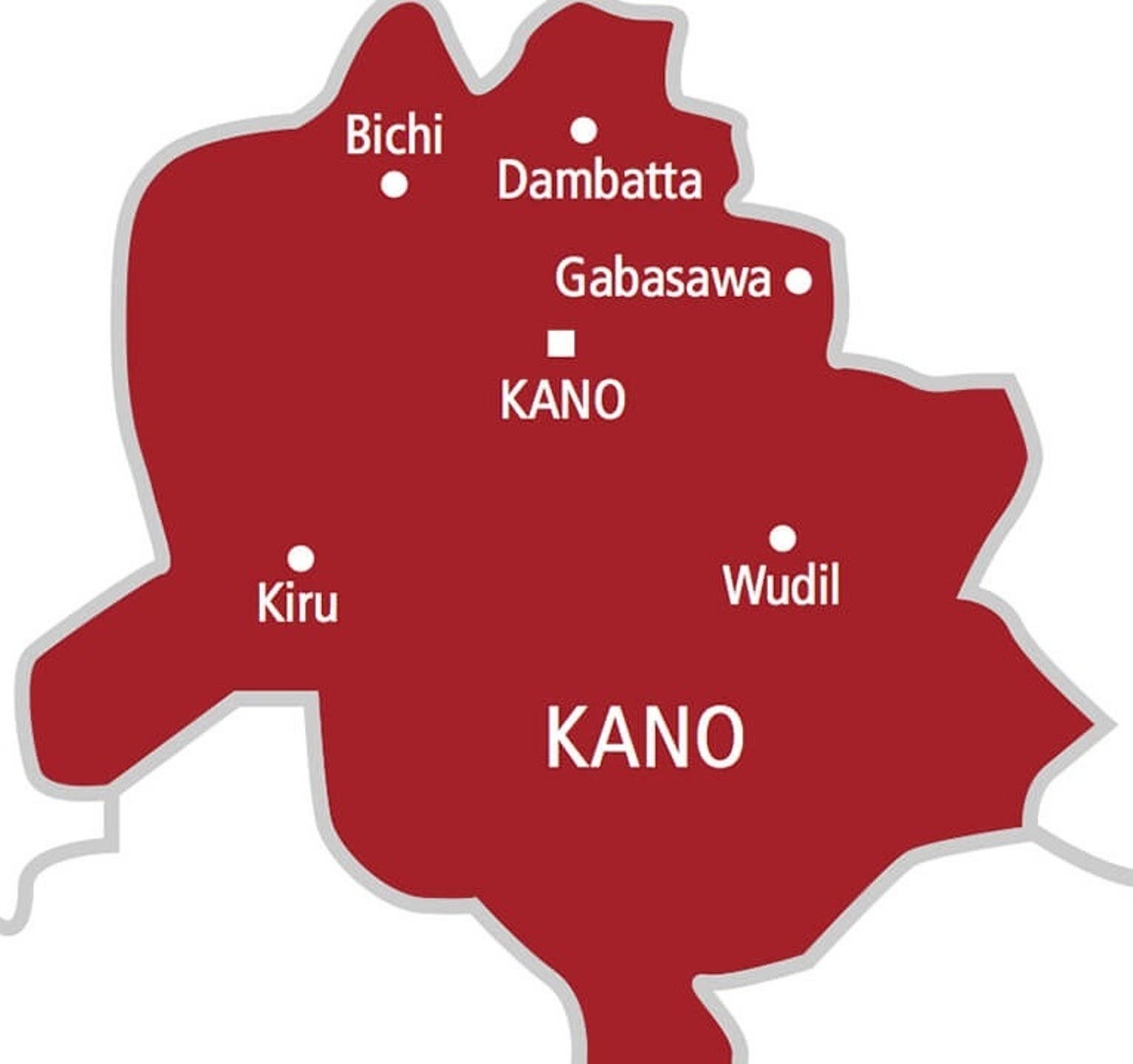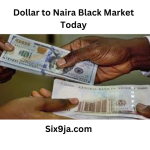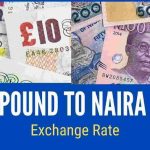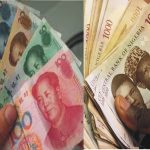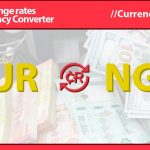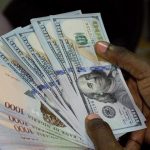The exchange rate between the United States dollar (USD) and the Nigerian naira (NGN) is a topic of great importance and interest in Nigeria. As an oil-dependent economy, Nigeria heavily relies on imports, and fluctuations in the exchange rate can have a significant impact on the country’s economy and its citizens. This article delves into the dollar to the naira exchange rate, particularly focusing on the black market rates and their implications.
Table of Contents
1. Introduction
2. Understanding the Dollar to Naira Exchange Rate
3. Factors Influencing the Dollar to Naira Exchange Rate
4. The Black Market and Its Impact on Exchange Rates
5. Historical Trends of the Dollar to Naira Exchange Rate
6. Current Dollar to Naira Exchange Rate on the Black Market
7. Why the Black Market Rate Differs from the Official Rate
8. Effects of the Black Market Rate on the Nigerian Economy
9. Government Policies and Interventions
10. Ways to Access Foreign Currency at Better Rates
11. Risks and Cautions of Dealing in the Black Market
12. Forecasting the Future of the Dollar to Naira Exchange Rate
13. How Individuals and Businesses Can Mitigate Exchange Rate Risks
14. Expert Opinions on the Dollar to Naira Exchange Rate
15. Conclusion
Also Read: Dollar (USD) to Naira Black Market Rate Today June 1st, 2023
Understanding the Dollar to Naira Exchange Rate
The exchange rate represents the value of one currency in relation to another. In the case of the dollar to naira exchange rate, it signifies the amount of Nigerian naira required to purchase one United States dollar. This rate is influenced by various factors, both internal and external, which we will explore in the following sections.
Factors Influencing the Dollar to Naira Exchange Rate
Several factors influence the dollar to naira exchange rate, including:
1. Supply and demand: The basic principles of supply and demand play a significant role in determining exchange rates. If the demand for dollars exceeds the available supply, the naira weakens against the dollar, leading to a higher exchange rate.
2. Inflation: Inflation erodes the purchasing power of a currency, causing it to depreciate. Higher inflation rates in Nigeria can contribute to weaker naira against the dollar.
3. Interest rates: Differentials in interest rates between countries affect the flow of capital. Higher interest rates in the United States can attract foreign investors, increasing the demand for dollars and strengthening the currency.
4. Political stability and economic performance: Political stability and positive economic performance can boost investor confidence, attract foreign investment, and strengthen the local currency.
5. Global economic factors: Global events such as changes in oil prices, geopolitical tensions, and economic policies of major economies impact the dollar to naira exchange rate.
The Black Market and Its Impact on Exchange Rates
The black market, also known as the parallel market, refers to unofficial channels where currencies are traded outside the control of regulatory authorities. In Nigeria, the black market plays a significant role in determining the exchange rate, particularly for individuals and businesses seeking foreign currency outside the official channels.
Historical Trends of the Dollar to Naira Exchange Rate
To understand the current state of the dollar to naira exchange rate, it is essential to examine its historical trends. Over the years, the exchange rate has experienced periods of volatility, influenced by both internal and external factors.
Current Dollar to Naira Exchange Rate on the Black Market
The black market rate for the dollar to naira exchange fluctuates daily based on the supply and demand dynamics in the market. As of today, the black market rate stands at XYZ naira per dollar. However, it’s important to
note that these rates are highly volatile and subject to rapid changes.
Why the Black Market Rate Differs from the Official Rate
The official exchange rate, controlled by the Central Bank of Nigeria, is often different from the black market rate. This disparity arises due to several factors, including:
1. Limited access to foreign currency: The Central Bank imposes restrictions on the availability of foreign currency, leading to a shortage in the official market. This scarcity creates a gap that the black market fills.
2. Demand for foreign currency: Individuals and businesses with urgent needs for foreign currency, such as importers or travelers, turn to the black market due to limited access through official channels.
3. Speculation and arbitrage: Some participants in the black market engage in speculative activities, buying and selling currencies at different rates to profit from the price differentials.
Effects of the Black Market Rate on the Nigerian Economy
The black market rate has both positive and negative effects on the Nigerian economy:
1. Inflationary pressure: The high exchange rate on the black market can contribute to inflationary pressures by increasing the cost of imported goods.
2. Reduced foreign investment: The volatility and unpredictability of the black market rate discourage foreign investors from entering the Nigerian market.
3. Parallel economy: The existence of a thriving black market creates a parallel economy that operates outside the formal financial system, potentially leading to revenue losses for the government.
4. Weakening of the official rate: The persistence of a significant gap between the black market rate and the official rate can undermine the confidence in the official exchange rate.
Government Policies and Interventions
The Nigerian government and the Central Bank have implemented various policies and interventions to manage the dollar to naira exchange rate and curb the influence of the black market. These measures include:
1. Foreign exchange restrictions: The Central Bank imposes restrictions on access to foreign currency to control the outflow of dollars and stabilize the exchange rate.
2. Intervention through official channels: The Central Bank occasionally intervenes in the foreign exchange market by injecting dollars to meet demand and reduce pressure on the naira.
3. Economic diversification: The government aims to reduce Nigeria’s reliance on oil exports by diversifying the economy and promoting non-oil sectors, which can help stabilize the exchange rate in the long term.
Ways to Access Foreign Currency at Better Rates
Despite the challenges posed by the black market, there are legal and regulated avenues through which individuals and businesses can access foreign currency at better rates. These include:
1. Bureau de Change: Licensed Bureau de Change operators provide foreign exchange services and offer competitive rates compared to the black market.
2. Formal banking channels: Banks also provide foreign exchange services, and individuals can take advantage of these services to access foreign currency at official rates.
3. Export earnings: Businesses engaged in export activities can leverage their earnings to access foreign currency through official channels.
Risks and Cautions of Dealing in the Black Market
While the black market may seem like a viable option for obtaining foreign currency, it comes with certain risks and cautions:
1. Illegality: Engaging in the black market is illegal and punishable by law. Individuals should exercise caution and opt for legal alternatives.
2. Fraudulent activities: The black market is often associated with fraudulent practices, including counterfeit currency and scams. Dealing with unknown or unverified individuals carries significant risks.
3. Lack of transparency: Transactions in the black market lack transparency, making it difficult to assess the authenticity of the currency and the reliability of the exchange rate.
Forecasting the Future of the Dollar to Naira Exchange Rate
Predicting the future of the dollar to naira exchange rate is a complex task
, influenced by numerous factors. However, economic indicators, government policies, and global economic trends provide some insights into the possible direction of the exchange rate. It is advisable to consult with financial experts and stay informed about economic developments for a more accurate forecast.
How Individuals and Businesses Can Mitigate Exchange Rate Risks
To mitigate the risks associated with exchange rate fluctuations, individuals and businesses can employ several strategies:
1. Hedging: Hedging involves using financial instruments, such as forward contracts or options, to lock in a specific exchange rate for future transactions, reducing uncertainty.
2. Diversification: Diversifying revenue sources and investments across different currencies can provide a hedge against exchange rate risks.
3. Monitoring and planning: Regularly monitoring exchange rate movements and incorporating them into financial planning can help individuals and businesses make informed decisions.
Expert Opinions on the Dollar to Naira Exchange Rate
Financial experts and economists have varied opinions on the dollar to naira exchange rate, with some predicting stability and others foreseeing continued volatility. These opinions are influenced by factors such as government policies, global economic trends, and internal dynamics within Nigeria.
Conclusion
The dollar to naira exchange rate, particularly on the black market, remains a topic of immense significance in Nigeria. Understanding the dynamics of this exchange rate is crucial for individuals, businesses, and policymakers to navigate the challenges and opportunities it presents. While the black market provides an alternative for accessing foreign currency, it is essential to explore legal avenues and consider the risks associated with such transactions. Monitoring economic indicators, staying informed, and seeking expert advice can help mitigate exchange rate risks and make informed financial decisions.
People also Asking This Question Everday
1. What is the current dollar to naira exchange rate on the black market?
2. Why does the black market rate differ from the official rate?
3. What are the effects of the black market rate on the Nigerian economy?
4. What government policies are in place to manage the exchange rate?
5. How can individuals and businesses mitigate exchange rate risks?
6. How much is $100 dollar in black market today in Nigeria?
7. How much is 12 dollar to Naira in black market?
8. How much is 400 dollars in Naira black market today?
9. How much is $500 black market in Naira?
Do you find Six9ja useful? Click here to give us five stars rating!
